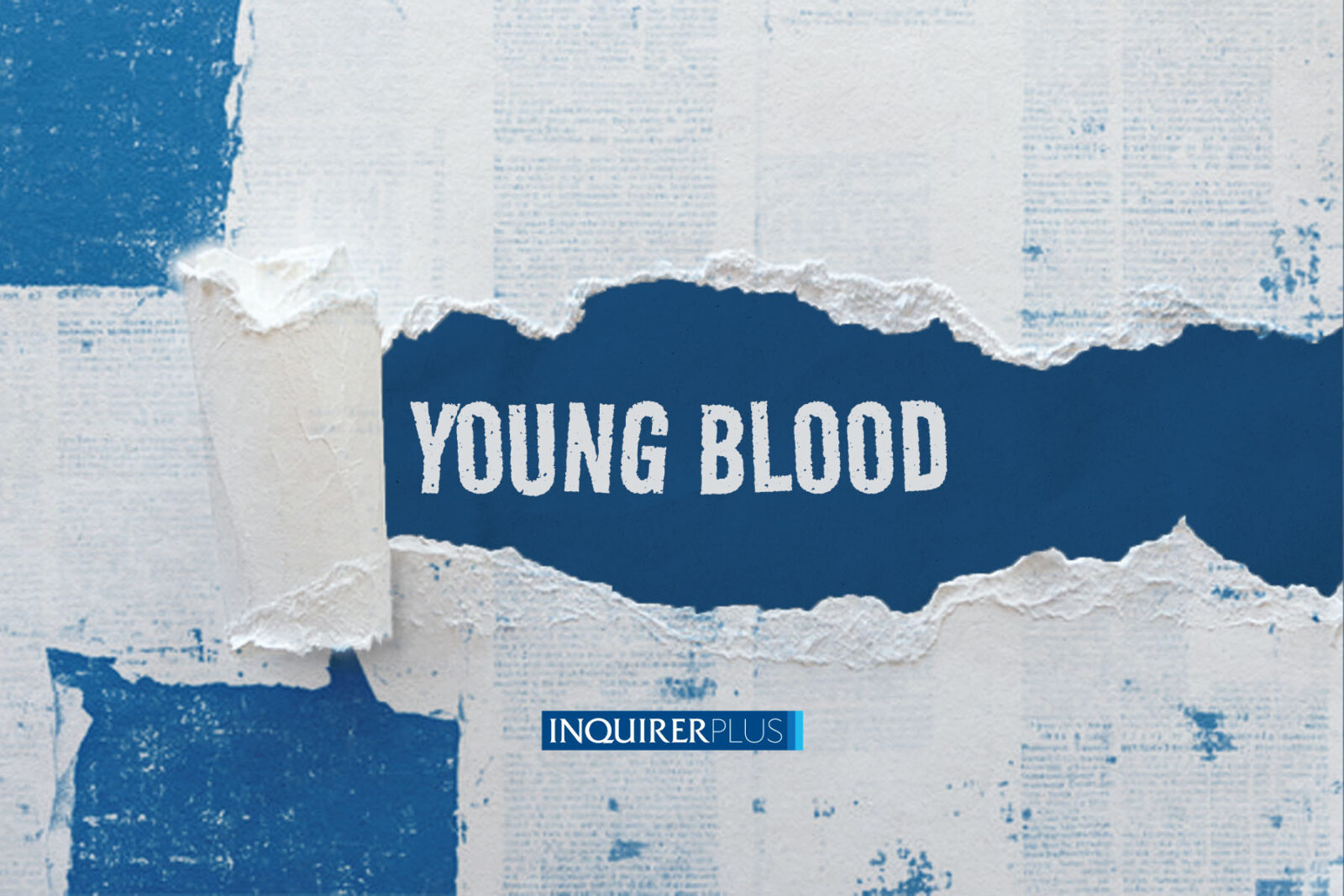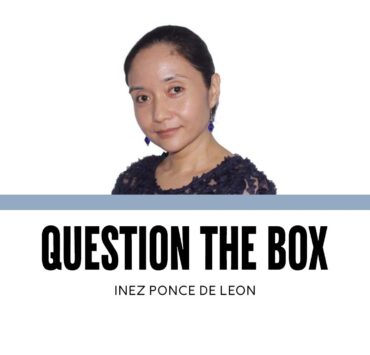The ghost of ‘almosts’

There’s a peculiar silence that visits me sometimes—uninvited, unsettling, yet familiar. It arrives in the quiet after the day has dimmed, when laughter has faded and the world retreats into its slumber. In that stillness, shadows of missed chances creep in, whispering a question I’ve never quite outrun: What if?
What if I had spoken up? What if I had danced when the music first played? What if I wasn’t always afraid?
I was always the child who dreamed in vivid colors. I wanted to be a scientist, a filmmaker, a poet. I imagined myself moving freely—singing, reciting, inspiring. I imagined applause, imagined impact. But while my mind soared, my feet were rooted to the ground by something invisible, something heavy: shyness. It clung to me like a second skin, shaping the way I moved through the world.
In elementary school, I walked the halls like a ghost who happened to top exams. I smiled, I laughed, I talked with classmates. But outside school, if I saw any of them—even my teachers—I’d feel like the air had thickened, like my throat had forgotten how to form words. I’d dodge, hide, vanish. Shame wrapped around me like a fog I couldn’t shake. At our pharmacy, if they passed by and said hello, I’d pretend I didn’t hear them. Not because I didn’t want to talk—but because I didn’t know how to exist beyond the walls of the classroom.
Still, I was an achiever. I graduated with honors. I joined contests, delivered answers I knew by heart. But crowds made my skin crawl. Being seen felt dangerous. Being heard felt like a risk I wasn’t brave enough to take. My elementary teachers told me I had something special. I heard them, but I couldn’t believe them. They saw in me a voice I had buried too deep.
In high school, the ghosts followed. I excelled in silence. I kept my ideas locked inside, afraid they might not sound as good outside my head. Friends surrounded me, and family cheered me on—but the weight of self-doubt always tipped the balance. There were visions, dreams, stories I never told a soul. I wanted to share, to step out of the shadows—but my fear always outran my desire. My parents, my relatives—they saw me as someone capable. But I saw someone unfinished.
Then came Grade 12.
By some twist of fate—or maybe a nudge from the universe—I was asked to be the documentation head of a student organization. At first, I froze. What if they hated what I made? What if I failed? Still, I did it. I released a video. Then came the unexpected: my teacher, someone I respected, said something simple, but unforgettable—”Wow naglaing ka … Itultuloy mo latta deta (Wow, you’re good. Just keep going).”
The words didn’t just compliment my work. They shook me. I didn’t even read them out loud, but they echoed in my head like a song I couldn’t stop humming. My friends saw me, too. And then there was one voice I’ll never forget—my partner’s—saying, again and again: “Apay kuma mabain ka? Adda kami met ditoy. Isupport daka (Why be ashamed? We’re here for you. We’ll support you).”
Those moments weren’t just compliments. They were mirrors. Suddenly, I remembered every teacher from elementary school who believed in me, every family member who cheered me on, every tiny flicker of light I’d buried under fear. Those voices gave me the strength to speak.
From there, things changed. I dared to try. We created award-winning films. I spoke in front of crowds. I performed on stage with a winning speech choir. I led group presentations, facilitated projects, and shared ideas I once would have kept to myself. I found joy in courage, not just in results. And I discovered that victories—no matter how small—deserve to be celebrated. Each one became a crack in the wall I had built around myself.
More than the achievements, what mattered most were the moments I finally showed up—for others and myself. I learned to embrace the fear, not fight it. I learned that the voice trembling inside me was still worth hearing.
But I won’t lie.
I am still haunted.
During quiet hours, the ghosts return. They ask, “What if you had done this sooner?”
“What if you had been brave back then?”
“What if your silence costs you something great?”
And though the shyness hasn’t vanished—it lingers, always at the edge of my voice—I no longer let it decide for me. In college, the fear resurfaces in unfamiliar rooms, in moments where eyes turn toward me. But I remind myself of the past: the teacher who saw me, the friends who stayed, the partner who believed. I remind myself that being seen isn’t something to fear—it’s something to grow from.
So now, when the silence creeps back in, I meet it with a different question:
Apay kuma mabain ka? Why be ashamed?
Because the ghosts of my “almosts” may still linger, but they no longer hold the pen.
—————-
Ian Harvee F. Mabuti, 20, is a pharmacy student at Mariano Marcos State University. He finds comfort in stories—whether through books, films, or quiet reflections—and believes that even the softest voices have something meaningful to say.

















Challenging the corrupt: A test of political will